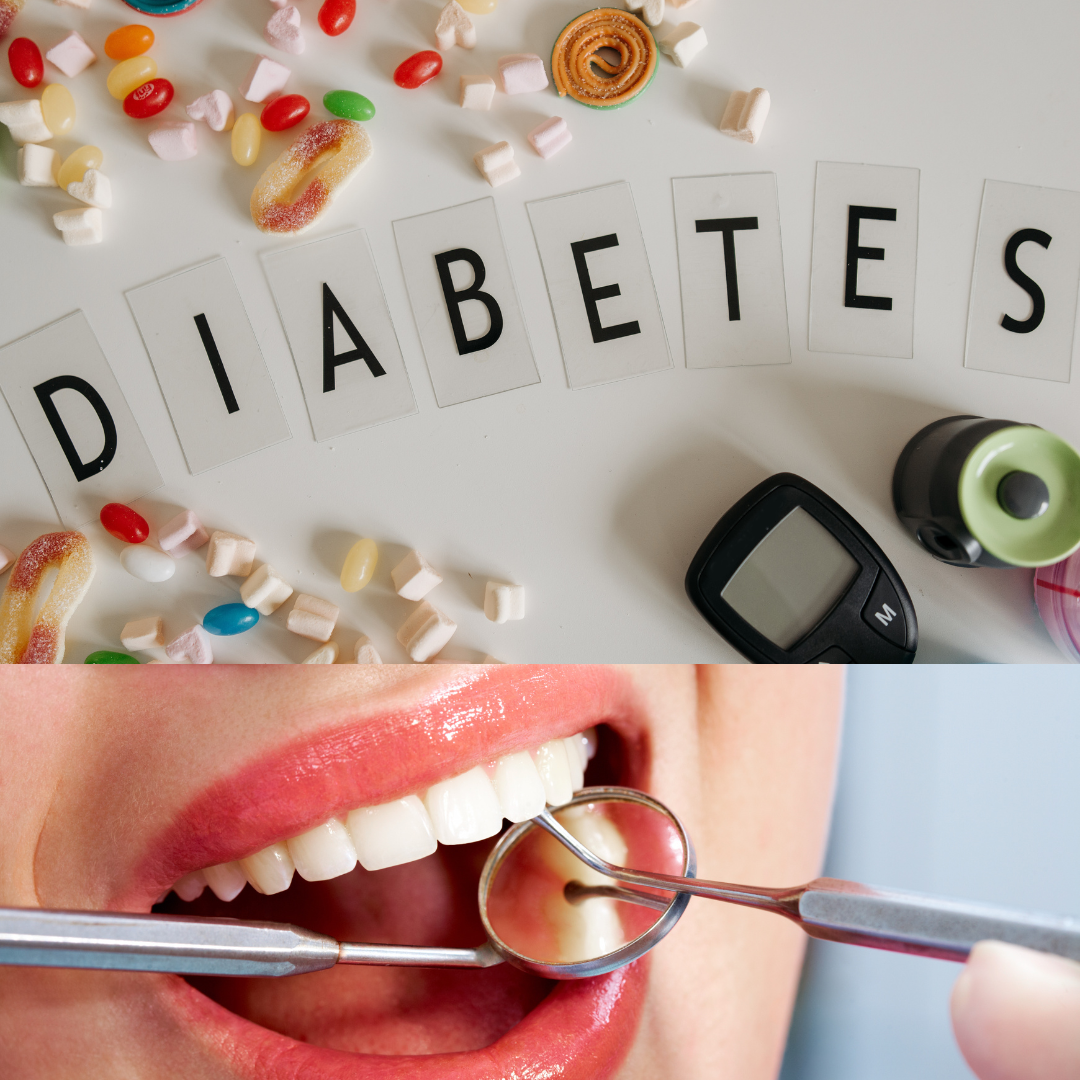Dental problems can occur due to various factors that will result in more discomfort. A medial study reveals that diabetes is highly connected to oral health because it can cause several complications. Anyone who suffer from diabetes should know how to keep their oral health properly which helps reduce unwanted issues. Since diabetes is a common condition in middle-aged people, they should focus on how to control it to prevent teeth problems.
How does high-level diabetes influence oral health?
High-level diabetes can influence oral health in several ways, and one should overcome from the symptoms effectively. It will reduce the salivary flow which results in a dry mouth. This condition leads to tooth decay and gum diseases. Furthermore, it slows down the flow of nutrients and waste products that can increase gingivitis and periodontal issues. Apart from that, bacteria and fungus which are present in saliva can cause infections that will result in thrush and burning mouth syndrome.
The connection between diabetes and gum disease
Diabetes can cause gum disease which is a chronic condition caused by the inflammation. It will destroy the surrounding bone and supporting tooth. This bone plays a key role in holding the teeth into the jawbone and allows a person to chew food without any hassles. At the same time, bacteria and food debris can lead to plaque on the teeth which forms calculus or tartar. Gum disease is common in people with suboptimal glucose levels that result in bleeding and loose teeth.
Diabetes and tooth decay
Diabetes can cause tooth decay because it reduces the saliva flow which results in dry mouth. It allows dental plague to build up on teeth which leads to tooth decay and cavities in a person. Tooth decay can occur on the root of the teeth causing discomfort.
Diabetes and oral infections
Oral thrush is a fungal infection which occurs in and around the teeth due to high diabetes levels. The symptoms of oral thrush include white patches of plaque on soft tissues such as the tongue.
Diabetes and altered taste
High level diabetes can affect the ability to taste foods and drinks. However, the underlying cause for this is not clear and dentists reveal it appear due to certain problems in taste receptors.
What are the things diabetic patients should follow?
1. Maintaining normal blood glucose levels
Maintaining normal blood glucose levels allow people to prevent the symptoms caused by oral problems.
2. Cleaning gums and teeth twice
Cleaning gums and teeth twice daily enable diabetic patients to overcome dental problems effectively. Using fluoride products will help strengthen the tooth enamel which gives ways to prevent decay.
3. Choosing the right diet plan
Diabetic patients should choose a diet plan which works well for their health goals after consulting with a dietician. Apart from that, having the right diet plan provides ways to get rid of dental problems. Drinking plenty of water will help avoid a dry mouth.
4. Visiting a dental clinic regularly
Visiting a dental clinic regularly enables diabetic patients to monitor their blood glucose levels which helps implement the best practices.







